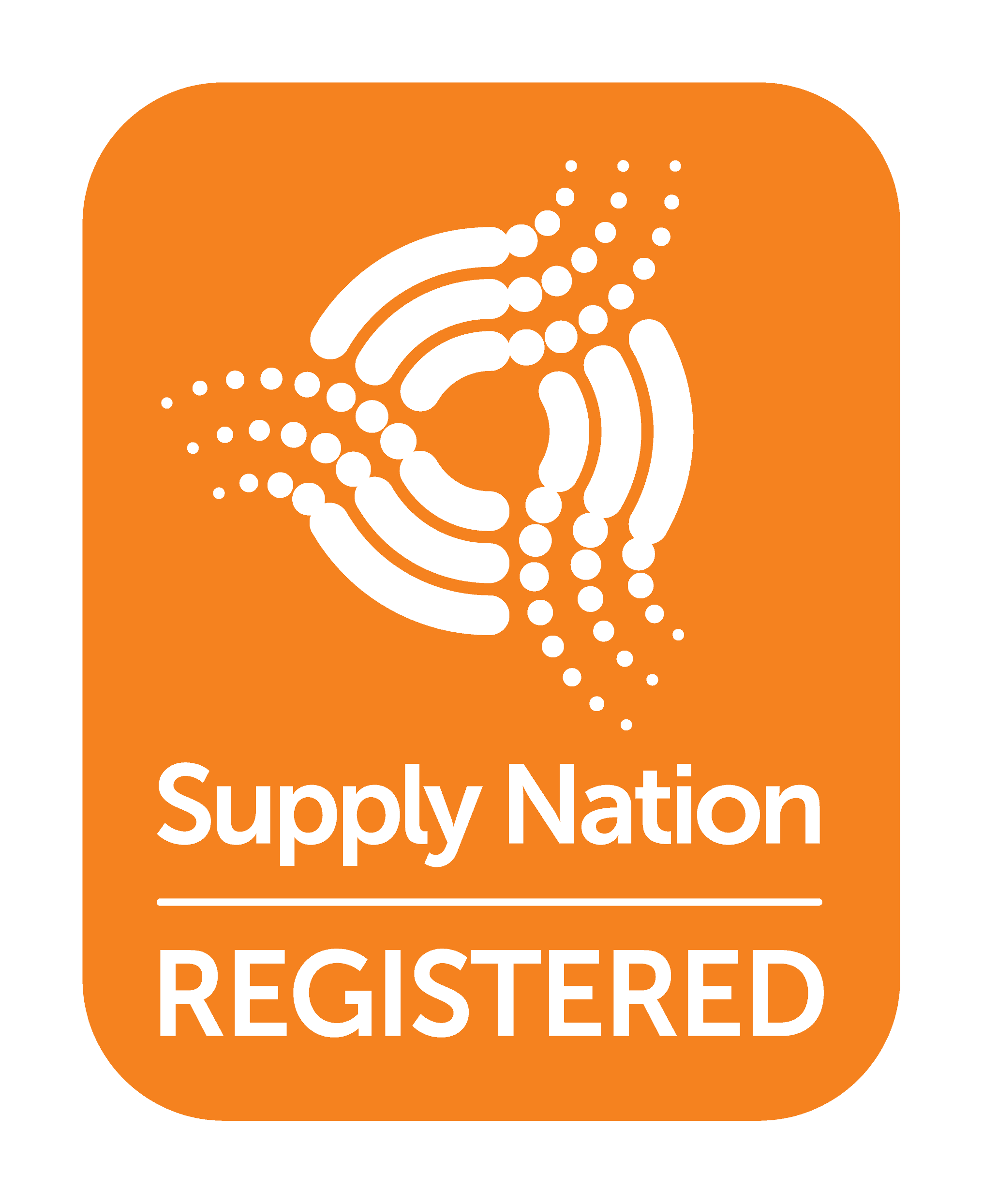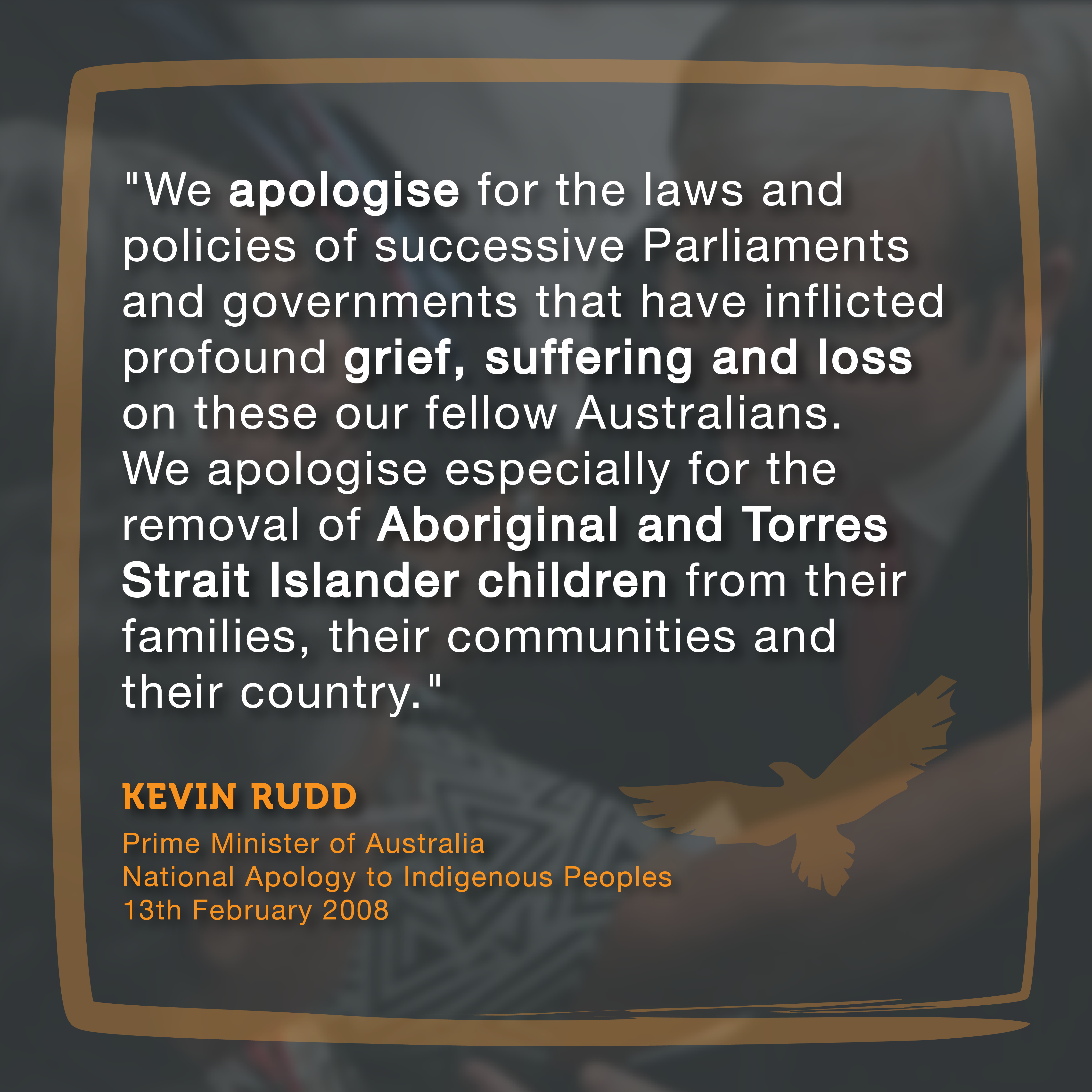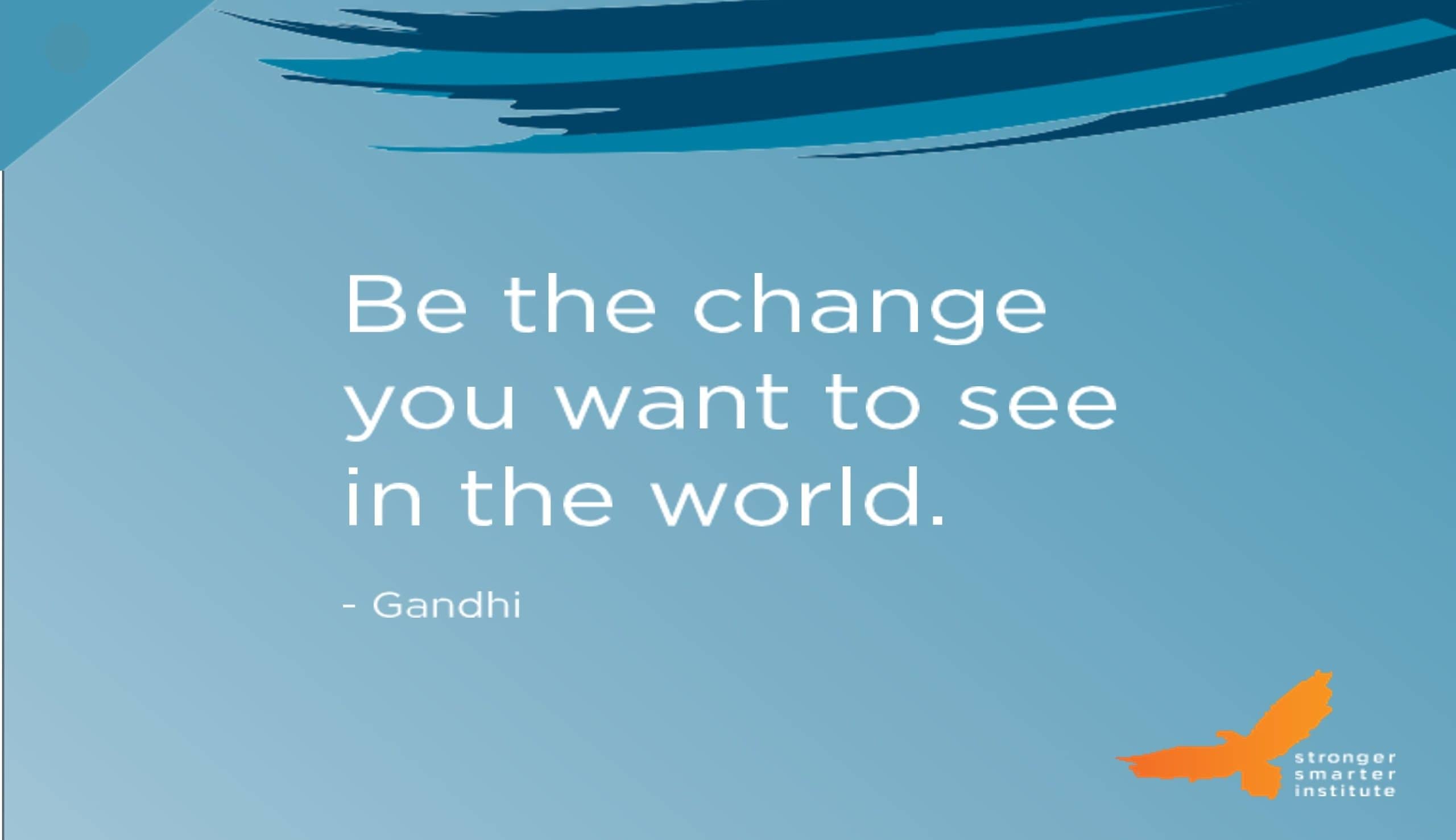22/01/2021
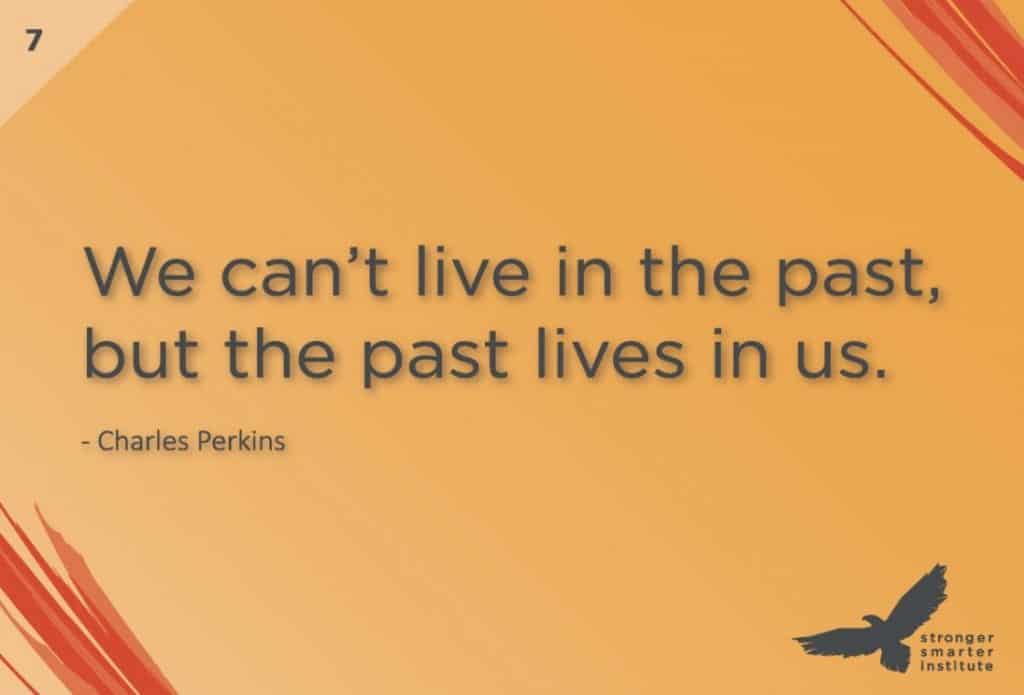
While many relish the public holiday and various associated activities not everyone sees January 26th as a reason to celebrate (in fact the number of people choosing to celebrate it specifically are declining – if you trust media polls https://essentialvision.com.au/category/essentialreport)
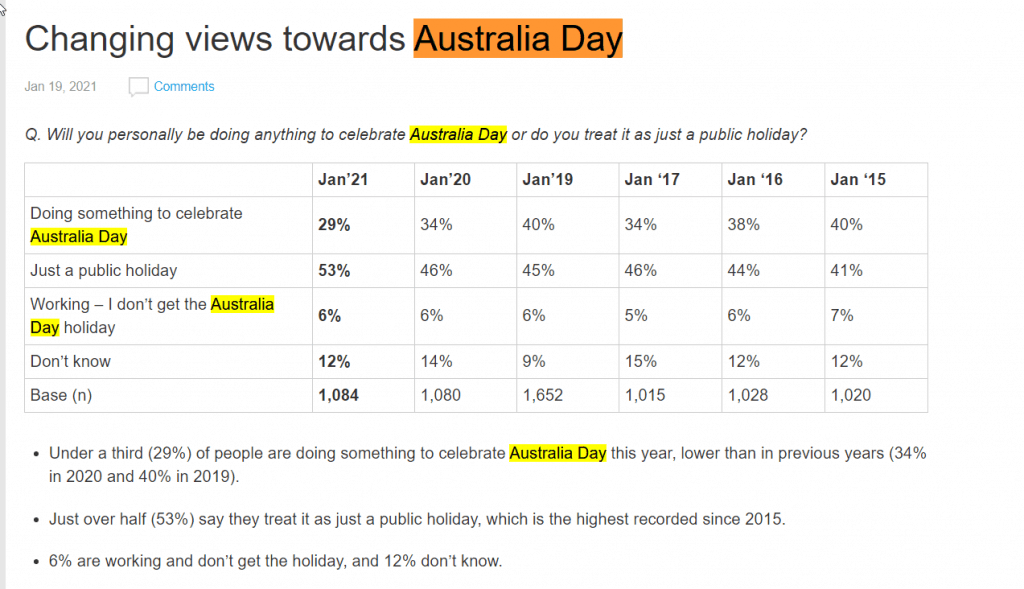
Aboriginal and Torres Strait Islander people see the date as the beginning of the deliberate destruction of our people and cultures as colonists took lands they deemed “uninhabited” despite large Indigenous populations living there.
Some Indigenous Australians refer to January 26 as “Invasion Day” while to others it is “Survival Day”. In 1938 a group of Aboriginal people named it the ‘Day of Mourning”[1] and held the first national protest against the racism that was part of their daily lives – racism that for far too many Aboriginal and Torres Strait Islanders continues to be part of their everyday lives permeating equitable access to basic citizens’ rights including education, health care, housing and interaction with the judiciary. With these rights – ideally meant to be enjoyed by all Australians – diminished by racism it is little surprise that Aboriginal and Torres Strait Islander rights as the First Nations people of this country are often largely ignored by mainstream society. Maintenance of languages and cultural traditions continue to be under threat, rights to traditional country and waterways are often ignored or actively resisted and rights to self-determination or treaty are contentious in policy and mainstream society

This year’s widely broadcast ‘The Story of Australia’) has Australians saying in parts our history ‘is painful and in parts it is raw’. It goes on to say it is the story of people from ‘far and wide, and those who have been here since the beginning of time’. (https://www.youtube.com/watch?v=5iOMy9Tg9Bg
What do you say to a curious child who asks what this means or why does the firefighter say that Australia day can ‘tear us apart’?
Australia Day, celebrated on the same date Britain’s First Fleet sailed into Sydney Harbor in 1788, beginning the European colonization which led to the modern nation of Australia, only became the official public holiday for all Australians in 1994. January 26th was celebrated as the national day from 1935 but was not a public holiday and had different names in different states.
For Indigenous Australians, this day is not the day our history began. That was at the beginning of time over 65,000 years ago and continues to be made every day. We have been using the term ‘the world’s oldest living culture’ based on what we know from our oral histories. Of late scientific research has confirmed what we already know.[2]
[1]The “Day of Mourning” became an annual event held on the Sunday before Jan 26th. This moved to July in 1955 to be a day to celebration of Aboriginal cultures and achievements and expanded to become NAIDOC week in 1975.
[2]Western scientists in the field of ‘evolutionary genetics’ confirm the longevity of our presence on this land. What has come to be known about seismic and glacial shifts confirms the stories about the rise of coastal waters in Far North Queensland and the creation of the Great Barrier Reef. Traditional burning practices are coming to be valued as a way to maintain the ecosystems that are of interest to groups including conservationists and pastoralists.

Many countries around the world celebrate a national day of importance to them. Most of them celebrate a new beginning: independence from a colonising country (e.g., Independence Day in the United States of America, Brazil), becoming a republic (e.g., France. Iceland), abolition of slavery (e.g., Martinique, Mayotte) or reunification (e.g., North & South Yemen, East and
West Germany).
So, what can we say to our young ones? We can remind them that Australia’s history did not begin when Lieutenant Cook (he wasn’t a Captain yet!) stepped onto the shores of Botany Bay. Cooks’ own journals describe an encounter on landing with two First Nations men trying to protect their ‘country’ from the surprise visitors. Cook described this meeting as an attack by natives.
We can tell our young ones about the importance of country to First Nations peoples and encourage them to acknowledge and respect the deep spiritual link that has been integral to the cultures since time immemorial.


